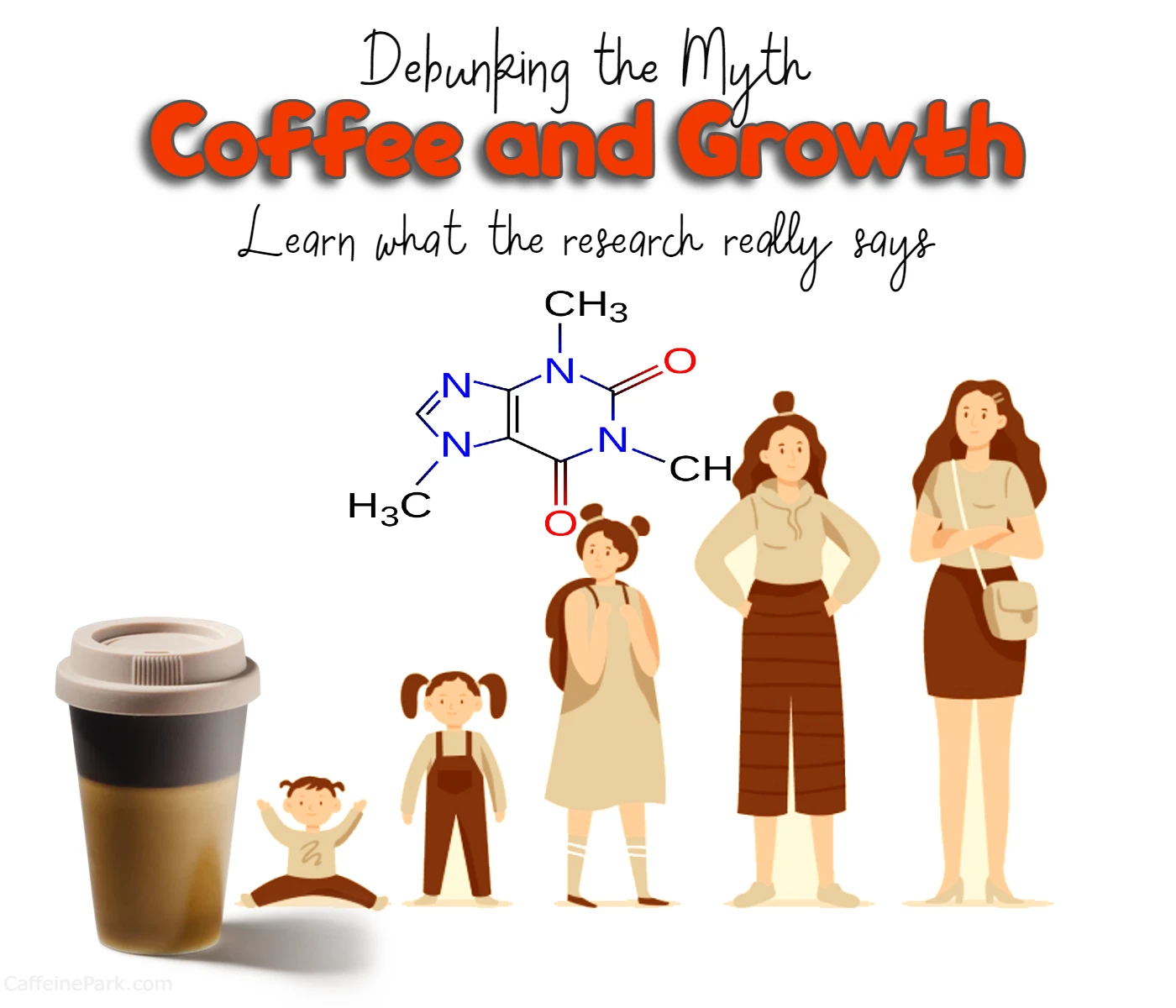
First things first, water is the best liquid you can drink to stay hydrated. It’s calorie-free, caffeine-free, inexpensive, and easily available. But, if you’re not a fan of water or need a little variety in your drinks, there are other options out there.
If you’re a coffee lover, you may have wondered whether your favorite beverage is hydrating or dehydrating. After all, caffeine is known to have a diuretic effect, which means it can increase urine production and potentially lead to dehydration. In this article, we’ll explore the relationship between caffeine and hydration and how it may affect your daily fluid needs.
What is caffeine, and how does it affect your body?
Caffeine is a natural stimulant found in coffee, tea, chocolate, and other foods and beverages. When you consume caffeine, it’s absorbed into your bloodstream and travels to your brain, where it blocks the action of adenosine, a chemical that promotes sleep and relaxation.
As a result, caffeine can make you feel more alert and focused, boost your mood and energy levels, and even enhance your physical performance. However, it can also cause side effects like jitters, anxiety, and difficulty sleeping, especially when consumed in large amounts or close to bedtime.
How does caffeine affect your hydration status?
One of the main concerns with caffeine is its potential diuretic effect. Diuretics are substances that increase urine production by promoting the excretion of water and electrolytes through the kidneys. This can lead to dehydration if you don’t replace the lost fluids by drinking enough water or other fluids.
While caffeine is known to have a mild diuretic effect, research shows that it’s unlikely to cause dehydration in moderate amounts. In fact, studies have found that drinking up to 400 milligrams of caffeine per day, or about four cups of coffee, doesn’t significantly affect your hydration status.
On the other hand, consuming high amounts of caffeine, such as more than 500 milligrams per day, or about five cups of coffee, may have a more significant diuretic effect and increase your risk of dehydration.
It’s also worth noting that the diuretic effect of caffeine may vary depending on the individual’s tolerance and other factors like hydration status, physical activity, and the amount of caffeine consumed in a single sitting.
What about the hydration status of different types of coffee?
Not all coffee is created equal when it comes to caffeine and hydration. Different types of coffee contain different amounts of caffeine, which can affect your hydration status differently.
For example, an 8-ounce (240-ml) cup of brewed coffee contains an average of 95 milligrams of caffeine, while the same amount of instant coffee has 30-90 milligrams, decaf coffee has 0-7 milligrams, and a shot of espresso has 63 milligrams.
While the caffeine content of coffee may influence your hydration status, it’s important to remember that coffee is mostly water, which means it can also contribute to your daily fluid needs. For instance, drinking a cup of coffee with breakfast or in the mid-afternoon can help you stay hydrated and alert, especially if you’re not a fan of plain water.
Safe Caffeine Limits
It’s important to be mindful of your caffeine intake and read the labels on these beverages. The U.S. Food and Drug Administration (FDA) has set a daily limit for total caffeine intake. The limit is 400 milligrams a day for adults. It’s important to note that there is no safe limit identified for children under two years old, and dietary guidelines for Americans suggest avoiding drinks with caffeine for this age group. For pregnant or nursing women, it’s best to talk to their healthcare providers if they have questions about caffeine.
High doses of caffeine, greater than 10 milligrams per kilogram daily, are linked to serious health conditions. For example, if you weigh 165 pounds (about 75 kilograms), a very high dose would be about 750 milligrams of caffeine in a day. Chest pain, irregular heartbeat, and stroke have been reported when people take this much caffeine. Caffeine poisoning can happen with 1,200 milligrams of pure caffeine, which is less than half a teaspoon of caffeine in powder form.
Common Issues with Caffeine
Other, more-common issues people have reported after drinking caffeinated drinks are trouble sleeping, loose stools, and upset stomach. It’s important to be aware of these side effects and adjust your caffeine intake accordingly. If you experience any negative side effects, it’s best to speak with your healthcare provider.
Alternatives to Caffeine
If you’re looking for alternative ways to stay hydrated, there are plenty of options available. For example, flavored water, coconut water, or herbal teas are all great options. Some fruits and vegetables, such as watermelon, cucumber, and celery, also have a high water content and can contribute to your daily fluid intake.
The bottom line
Coffee is a popular beverage that contains caffeine, a natural stimulant that can enhance your mental and physical performance. While caffeine is known to have a mild diuretic effect, it’s unlikely to cause dehydration in moderate amounts. However, consuming high amounts of caffeine or drinking large amounts of coffee at once may increase your risk of dehydration.
When it comes to coffee and hydration, it’s essential to listen to your body and stay mindful of your fluid needs. Drinking a cup or two of coffee a day is unlikely to harm your hydration status, and it can even contribute to your daily fluid intake. However, if you’re sensitive to caffeine or prone to dehydration, you may want to limit your intake or balance it with other fluids like water, herbal tea, or low-sugar beverages.
FAQs
Caffeine is a mild diuretic, which means it can increase urine production and lead to fluid loss. However, the amount of fluid lost is generally small, and the overall impact on hydration is minimal. Unless you consume excessive amounts of caffeine or are particularly sensitive to its effects, it is unlikely to dehydrate you.
The amount of caffeine that is considered safe varies depending on factors such as age, weight, and health status. In general, most healthy adults can safely consume up to 400 milligrams of caffeine per day, which is roughly equivalent to four cups of coffee. However, it’s important to be mindful of your own tolerance and any adverse effects you may experience.
Caffeine has been shown to have a positive impact on athletic performance by increasing endurance, reducing perceived exertion, and improving reaction time. However, individual responses to caffeine can vary, and excessive consumption can have negative effects such as jitteriness, anxiety, and digestive issues.
Yes, consuming caffeine close to bedtime can interfere with sleep quality and duration. The exact timing depends on the individual, but it’s generally recommended to avoid caffeine at least 6 hours before bed to minimize its impact on sleep.
To stay hydrated while consuming caffeine, it’s important to drink plenty of water throughout the day. You may also want to choose beverages that are lower in caffeine and higher in water content, such as tea or diluted coffee. Be mindful of any symptoms of dehydration, such as dark urine, thirst, or dry mouth, and increase your fluid intake accordingly.
Read More:
Source:





